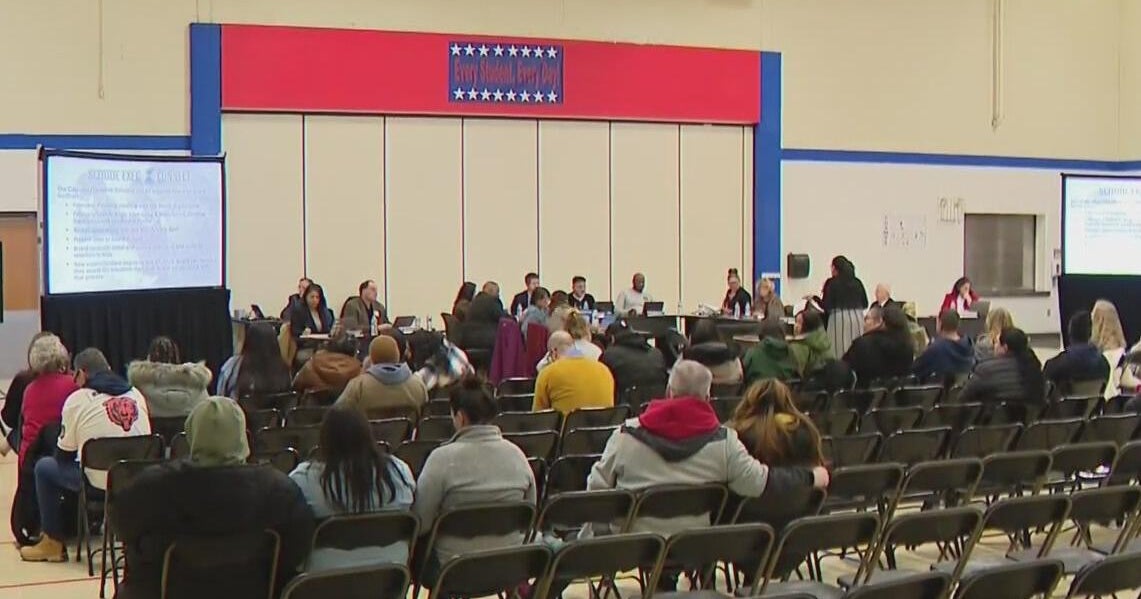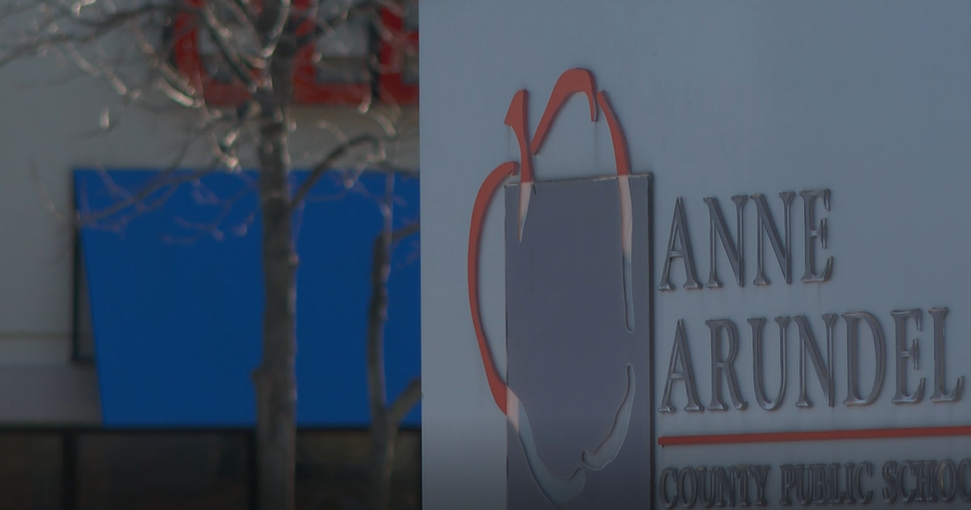Parents Face Diabetes Discrimination In Schools, Daycares
MIAMI (CBSMiami) – Diabetes in children is on the rise. Some experts have predicted a 23 percent increase in the number of children with Type 1 diabetes by 2050.
This increase has impacted daycare centers and schools, some of which have had a hard time dealing the growing number of students who need special care.
When Jared Kuper was diagnosed with diabetes at eight years old, his mother sat day after day, all day, at his school so that she could monitor his blood sugar levels herself.
"It's a minute to minute disease," said Laura Kuper. "So the wind could blow and their sugar changes. It's, it's a constant worry."
Three years later, she counts on the school nurse for help. Diabetes care is covered under the Americans with Disabilities Act.
"Schools have to comply and it means they're required to provide for services for children with disabilities and if a daycare receives federal funding they have to comply with those same rules," said Linda Siminerio with the American Diabetes Association.
A growing number of parents, however, say they are facing discrimination.
"Some daycares don't accept kids with disabilities," said Kuper.
Health experts said there is a lot of confusion about is responsible for what when it comes to serving kids with special needs.
"Families still face some challenges in getting some resistance at the daycare and school level," said Siminerio.
Those 'challenges' include who is responsible for monitoring insulin levels and who is responsible for given injections, if needed.
Those areas are not spelled out in state or federal law.
The American Diabetes Association said some parents end up staying at the school all day.
"There's parents that work and shouldn't have to worry and don't have that luxury," said Kuper.
So what can parents do?
There are currently complaints filed with the Justice Department over care for children with diabetes.
The ADA believes it is stressful enough having a child with the disease, fighting the system only escalates the stress.
"What we need to do is be able to think of ways to be able to support services to help those children have access to things that children who don't have diabetes have access to in the school setting and the daycare," said Siminerio.
Kuper said she's been able to work out a deal with her son's school where the nurse will monitor his condition. She, and other parents like her, say they just want their children to have access to the same opportunities other children have.
"They shouldn't be denied, um, you know, being taken care of just because they have a disease," said Kuper.
The laws vary from state to state. In Florida, trained non-medical staff may monitor blood glucose and administer emergency medication injections.
A 2010 Florida law forbids public school districts from assigning a student to a particular school based on diabetes.







